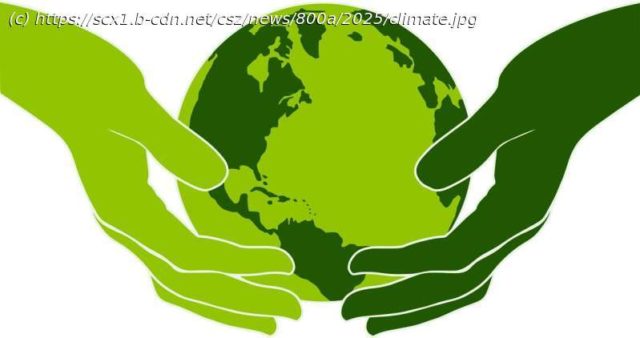The planet’s natural carbon sinks are reaching critical limits, absorbing fewer emissions than expected as decades of climate change has weakened their capacity, a new report warns.
The planet’s natural carbon sinks are reaching critical limits, absorbing fewer emissions than expected as decades of climate change has weakened their capacity, a new report warns.
Nature-based carbon removal projects are also at risk; climate change is further undermining their long-term reliability and storage capacity, and though large-scale deployment of removals is necessary, it could threaten food security and biodiversity.
The report warns that global climate targets may now face major setbacks.
Launched today ahead of COP30 by more than 70 scientists from 21 countries, the annual 10 New Insights in Climate Science (10 New Insights) report reveals that weaker land sinks—especially forests and soils in the Northern Hemisphere—threaten to derail today’s emissions projections while accelerating global warming.
Even the ocean—another vital sink for carbon and heat—is soaking up less carbon dioxide, while more frequent and intense marine heat waves ravage ecosystems and coastal livelihoods.
The report highlights that large-scale deployment of nature-based removals could come at a cost to food security and biodiversity, as these projects compete with both for land space.
The report underscores that expectations for nature-based carbon removal far exceed what current projects and natural sinks can deliver.
According to scientists, „novel“, or tech-based, removals are required as well alongside deep emission cuts to right the course.
The report also finds that voluntary carbon credit markets, in which carbon removal projects can operate, are touted as another potential solution, but endure ongoing credibility issues and require stronger benchmarks and market standards to ensure integrity.
„We’ve long relied on forests and soils to quietly clean up our carbon mess—but their capacity is faltering“, said Sabine Fuss, department leader at the Potsdam Institute for Climate Impact Research and member of the report’s editorial board.
„That means we may be underestimating the current emissions gap as well as the pace of future warming.“
A joint initiative of Future Earth, The Earth League, and the World Climate Research Program, the 10 New Insights report distills the latest advances in climate science from the past 18 months into 10 concise insights, serving as a trusted resource for policymakers.
Start
United States
USA — IT Report: Land carbon sinks lag while rising temperatures spread disease and threaten...






